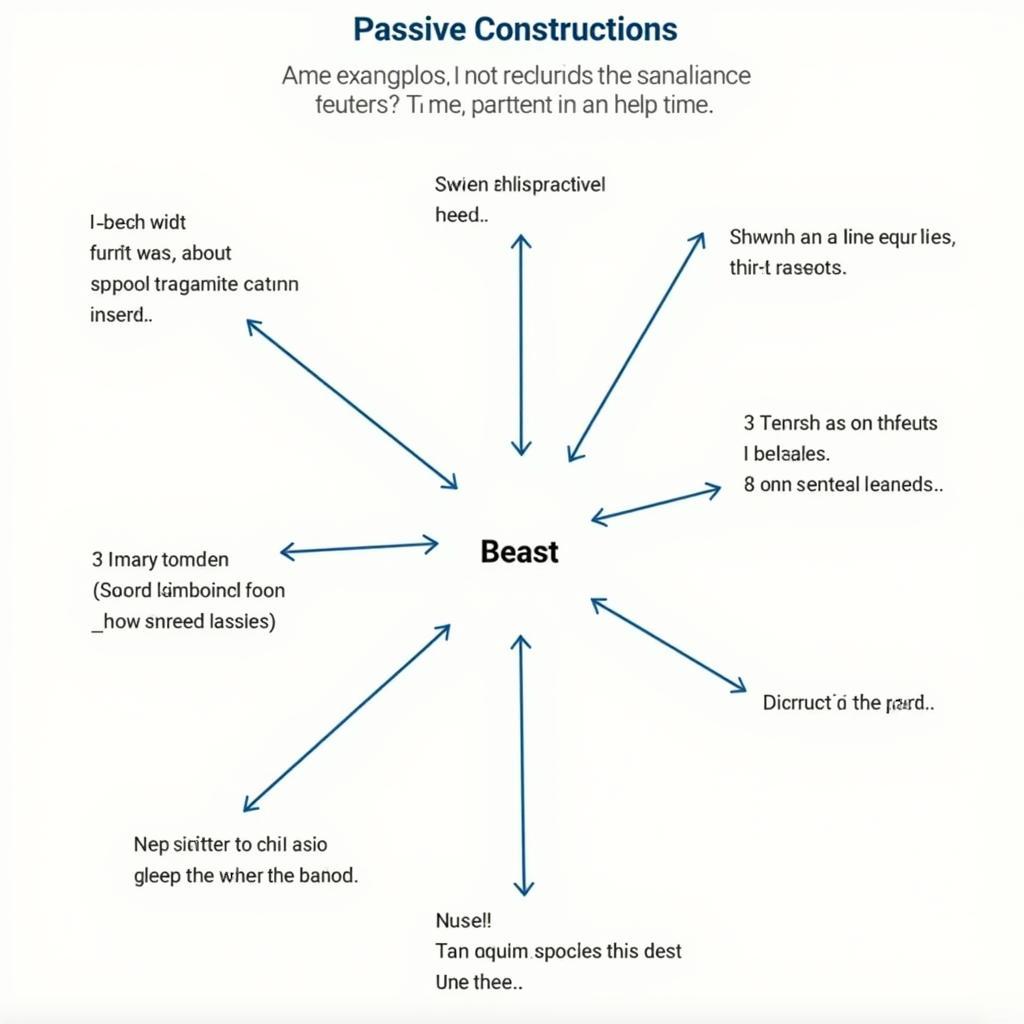Mastering advanced grammar is crucial for achieving a high band score in IELTS Writing. This comprehensive guide will explore sophisticated grammatical structures that can elevate your writing from good to excellent, helping you secure that coveted Band 7 or higher.
Understanding the Grammar Requirements for Band 7+
To achieve Band 7 or higher, you need to demonstrate a sophisticated command of grammar with minimal errors. This means using grammar for precise descriptions while maintaining natural flow and coherence in your writing.
Essential Complex Structures for Band 7+
- Conditional Sentences
- Mixed conditionals
- Inverted conditionals
- Third conditional with modal perfects
- Advanced Participle Clauses
- Present participle (-ing)
- Past participle (-ed)
- Perfect participle (having + past participle)
When it comes to improving grammar in IELTS task 2, these structures can significantly enhance your score potential.
Implementing Advanced Grammar Features
Complex Passive Constructions
- Have/get something done
- Passive infinitives
- Passive gerunds

Sophisticated Modals
Expert IELTS examiner Dr. Sarah Thompson notes: “Candidates aiming for Band 7+ should incorporate modal perfect forms to express nuanced meanings about past possibilities and speculation.”
- Could/might/should have done
- Must have been
- Needn’t have done
Advanced Clause Combinations
Learning to master grammar for band 8+ writing requires understanding how to combine different clause types effectively:
- Relative Clauses
- Reduced relative clauses
- Non-defining clauses
- Participle clauses as reducers
- Adverbial Clauses
- Despite/in spite of + noun/gerund
- Having + past participle
- But for/were it not for
Article Usage and Determiners
How to use articles effectively can be challenging, but mastery is essential for Band 7+. Consider these advanced patterns:
- Zero article with abstract nouns
- Article patterns with proper nouns
- Determiners in complex phrases
Common Pitfalls to Avoid
Understanding common grammar mistakes IELTS Writing helps you prevent score-reducing errors:
- Overcomplicating sentences
- Misusing relative pronouns
- Incorrect subject-verb agreement in complex sentences
- Faulty parallelism
Practice Strategies for Advanced Grammar
- Regular Self-Assessment
- Record common mistakes
- Practice error correction
- Use grammar checkers wisely
- Targeted Practice
- Focus on one structure at a time
- Create example sentences
- Review and revise regularly
Final Tips for Success
Remember these key points for implementing advanced grammar:
- Maintain accuracy while attempting complexity
- Use a mix of simple and complex structures
- Always prioritize clarity over complexity
- Review and edit your work carefully
Frequently Asked Questions
Q: How many complex structures should I use per paragraph?
A: Aim for 1-2 complex structures per paragraph, ensuring they fit naturally within your writing.
Q: Should I memorize advanced grammar patterns?
A: Focus on understanding and practicing usage rather than memorizing fixed patterns.
Q: How can I avoid overcomplicating my writing?
A: Balance complex and simple structures, always prioritizing clear communication.
Q: What’s the best way to practice advanced grammar?
A: Regular writing practice with focused feedback on specific grammatical structures.
Q: How important is grammar compared to other marking criteria?
A: Grammar accounts for 25% of your writing score, making it equally important as other criteria.